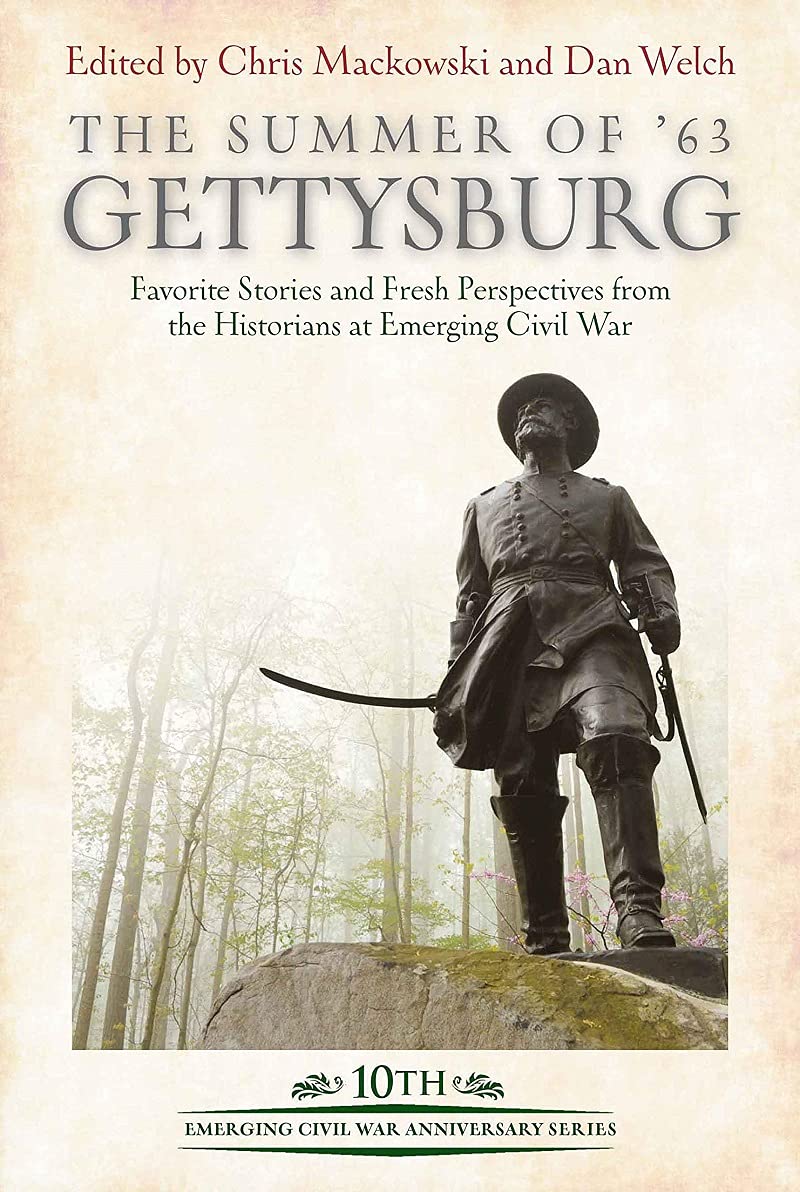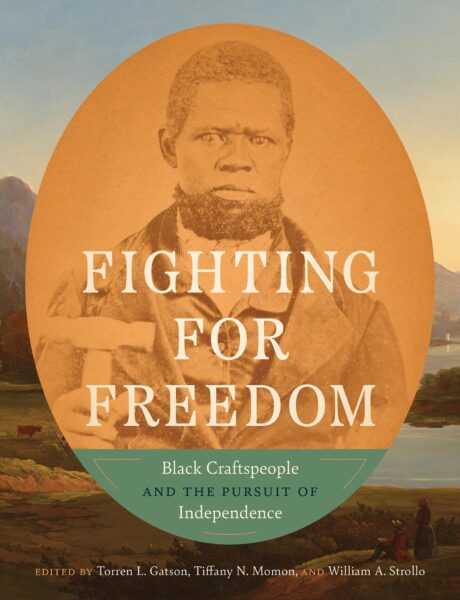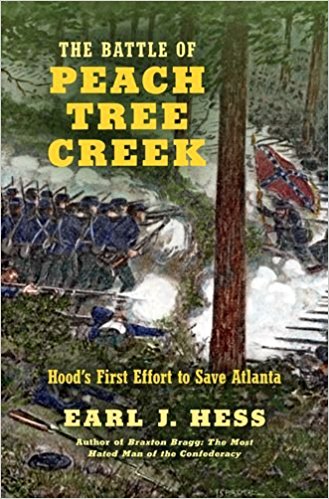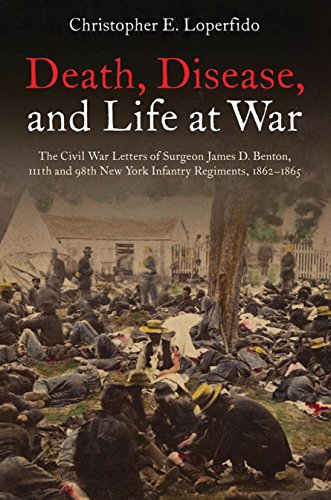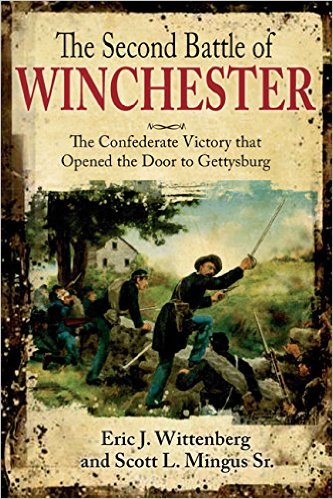The Summer of ‘63 is an engaging and diverse set of works exploring the Battle of Gettysburg. Regarded by many as the turning point of the Civil War, Gettysburg still manages to fascinate contemporary audiences over 150 years later. Through essays, photographs, poems, and more, this collection looks at the various meanings of the battle and its enduring legacy. Many of the entries are updated pieces from the Emerging Civil War blog, a public-facing collective for sharing scholarship about the Civil War. While the structure of the book may seem disjointed to the unfamiliar reader, Mackowski and Welch make clear that their work is not intended to be a comprehensive overview of Gettysburg, but rather “the sort of eclectic ongoing conversation you’ll find on our blog” (xiii).
While all the entries are grounded in the history of Gettysburg, some pieces focus on the specifics of the battle in a way that academic audiences might find more familiar. In his back-to-back essays on the battle’s historical actors, Kristopher D. White explores the effectiveness of Major General George G. Meade and Major General John F. Reynolds. White calls for a re-examination of their popularity—or lack thereof. While Meade may deserve more praise for his feat at Gettysburg, Reynolds, on the other hand, may deserve less praise. “Was Maj. Gen. John F. Reynolds a great general, or was he just killed at the right place at the right time?” White asks (41).
Essays such as White’s are complemented by short biographical pieces on soldiers who fought at Gettysburg. In Jonathan Tracey’s “John Rankin, Bravery and Gettysburg,” the life of a common soldier is illuminated through his own words. Tracey brings this soldier to life by juxtaposing his emotional memoirs with the honest retelling of his supposed cowardice. Entries like this one are sure to capture readers looking for stories about everyday men at one of the most famous battles in U.S. history.
Other essays in the collection are less focused on the battle itself, and probe more the varied and sometimes personal meanings of Gettysburg. Mackowski rounds out the volume with a recollection of his elementary school field trip to the battlefield. He meditates on the first time he met Stonewall Jackson (the wax figure) and his fascination with Devil’s Den. On that field trip, Mackowski writes, Gettysburg was “a playground, not a habitat—and certainly not a battlefield” (275).
One of the more lighthearted entries (and, as it turns out, the most read post from the Emerging Civil War blog) concerns the pet chicken of Robert E. Lee. Nellie Hen, as Meg Groeling calls her, was a small black chicken who found her way into Lee’s tent in 1862. It was a fortuitous event for Nellie, since Lee apparently liked fresh eggs for breakfast more than he liked cooked chicken. Nellie stayed with Lee as his pet for nearly two years, even halting the Army of Northern Virginia’s retreat from Gettysburg when she went temporarily missing. Unusual and clever ties to the battle such as this one pepper The Summer of ‘63, making it a refreshing take on a well-documented moment in American military history.
One of the book’s strongest features overall is its many illustrations and maps, most of which correspond to points of interest in the essays themselves. These visuals give readers a more interactive way to engage with the battle and demonstrate the accessibility of public history works like this one. Summer of ‘63, then, is a compelling look at the various forms public history can take and the ways in which modern audiences engage with historical events. Teachers, students, and history buffs alike will find this an interesting and quick read.
Summer Perritt is a Ph.D. student in the Department of History at Rice University, with research interests in race, the U.S. South, and Civil War memory.
